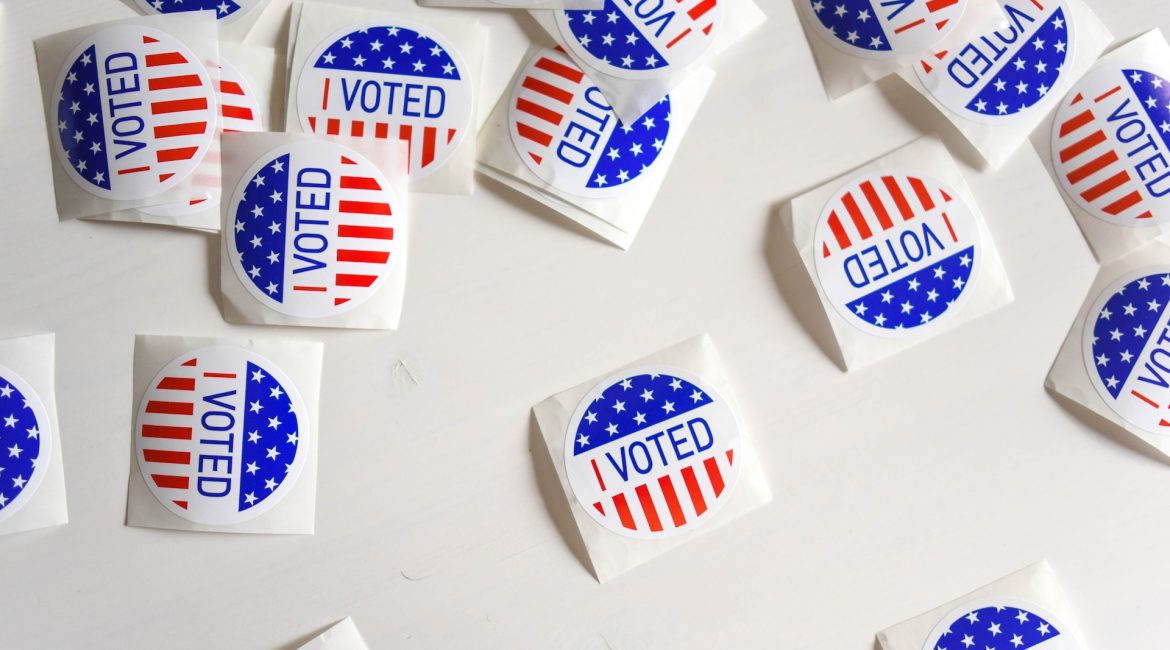As the political landscape of the United States becomes increasingly polarized, a significant shift is occurring at the local level. The LGBTQ+ community, historically marginalized in the political process, is stepping into the fray with unprecedented momentum.
The “Rainbow Wave” of Candidates
This year has seen a remarkable upsurge in LGBTQ+ individuals running for local office. According to the LGBTQ+ Victory Fund, a group dedicated to amplifying the political voice of the queer and trans community, nearly 350 candidates have campaigned for various local governmental positions.
Breaking Barriers in Off-Year Elections
In what is traditionally considered an “off-year” for elections, a groundswell of queer and trans candidates are contending for offices predominantly outside the state and federal spotlight. These positions include mayoral seats and roles within city and county commissions, agencies, and particularly, school boards.
School Board Challenges
The path for LGBTQ+ candidates, especially in school board races, is fraught with obstacles. They often confront more significant resistance and misconceptions than their heterosexual counterparts, battling stereotypes and prejudices head-on.
A Rise in Genderqueer and Nonbinary Representation
The Victory Fund report highlights a striking increase in genderqueer and nonbinary individuals entering the political ring. From a mere five candidates in 2019, the number has escalated to nearly 40 this year, signaling a shift towards greater inclusivity.

Partisan Patterns and the “Rainbow Wave”
The overwhelming majority of these candidates align with the Democratic Party, campaigning across 41 states and the District of Columbia. This pattern underscores a broader trend of the Democratic Party embracing diversity and inclusivity as core principles.
Overcoming Systemic Barriers
Annise Parker, the former mayor of Houston and current president of the Victory Fund, emphasizes the resilience of the LGBTQ+ community. Despite systemic barriers, including a historical lack of data on queer representation, these candidates are demonstrating that the right message can resonate, regardless of location.
Looking Forward
The increasing participation of LGBTQ+ individuals in politics is not just a ripple but a wave that is gradually reshaping the face of local governance. As more diverse voices enter the political dialogue, the potential for profound change at the grassroots level grows ever more promising.
©loveinclusion.org





